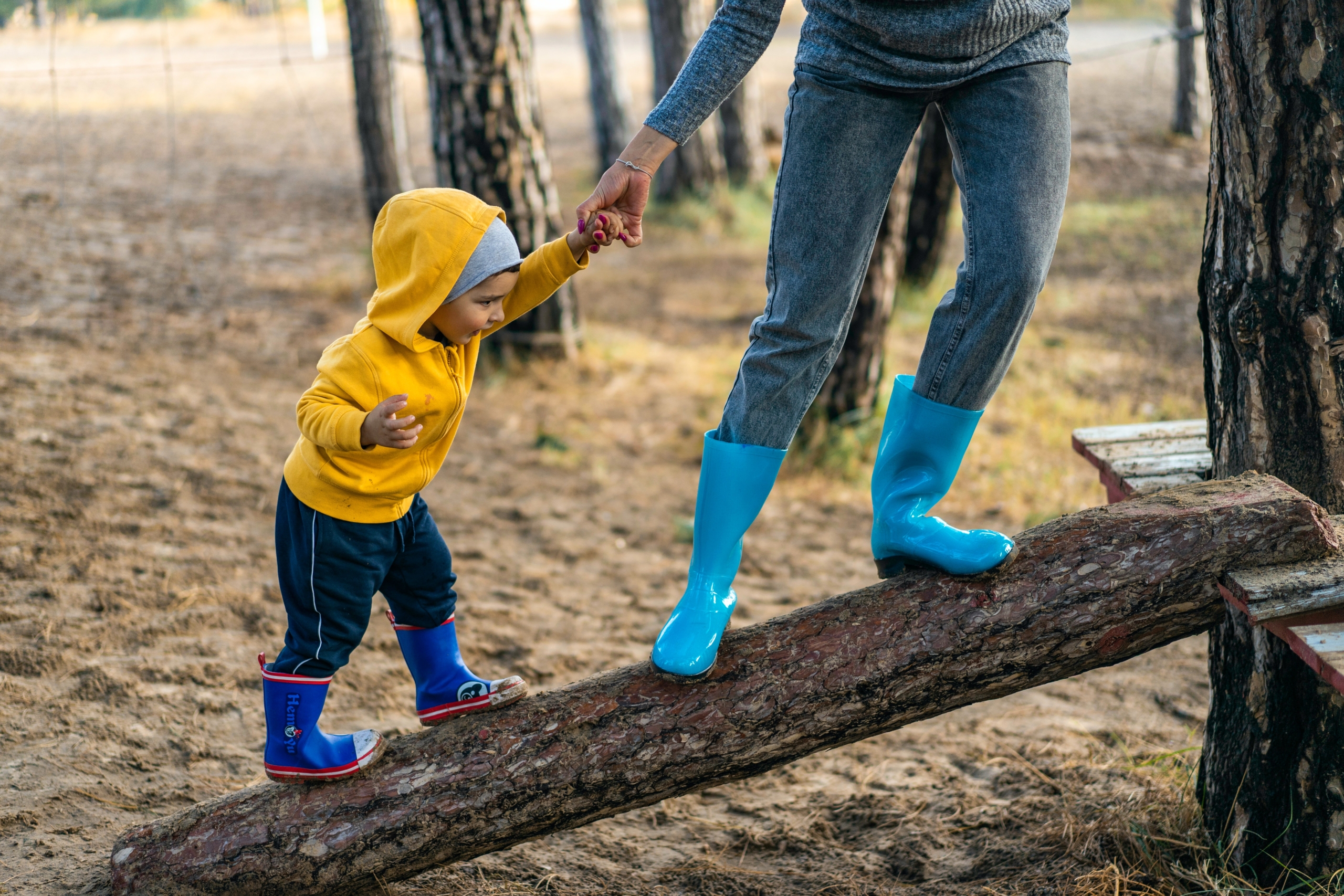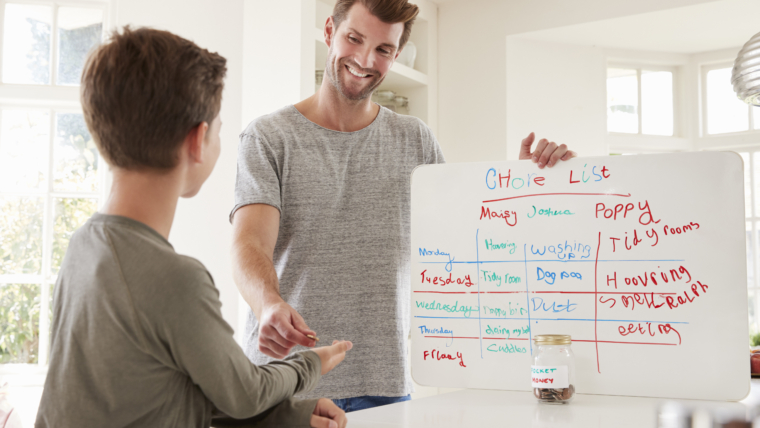Oftentimes, a parent has to wait a long time in order to get applied behavior analysis (ABA) services for their child. When services finally start, it can be tempting to jump right into things. However, doing so can be problematic for a child and lead to a poor or failed relationship with a therapist. That’s why it’s so important to do pairing when starting an ABA program.
What is pairing
Pairing is a technical term that just means building a positive relationship by doing fun things with a child that they enjoy. The goal is that after a few times of doing fun things with a child they will pair you as a fun and reinforcing (rewarding person). The child will then be excited when you arrive and will be eager to work with you.
Why pairing is important
Some children are just naturally more social and outgoing. These children may easily accept a therapist as a fun person to play with. Other children may be less reinforced by social situations or even afraid of strangers. They may cry when a therapist arrives, be hesitant to interact with her and ignore her attempts to engage a child in activities. This is the most important time to do pairing.
In order for a therapy session to be effective a child must feel safe around a therapist and they must have a great relationship. If the child is not interested in the therapist or the child associated with a therapist with only having negative experiences, the sessions will be ineffective. The most important goal for an ABA session is to help a child to develop into his best self and have a fulfilling and productive life. In order for this to be effective, a child must have a positive experience when doing ABA. Pairing is the most effective way to ensure this.
A child should never be expected to jump right into doing ABA. Respect and cooperation is earned when a therapist gains a child’s trust. A child should never be expected to just do what you say because you are bigger than them and can make them. You are able to force a child to comply with you but it will come at the cost of destroying their social and emotional well being. Most children who start ABA therapy are young and have difficulty with social interactions. It is important to keep in mind that this can be a challenging and scary experience for them. A child may not understand that they are supposed to follow a therapist’s instructions and even if they do, they may not be aware of how. A therapist’s job is to make this as easy as possible for a child. That’s why it is so important to do pairing.
How to do pairing
Pairing can take a few days or a few weeks depending on a child. When doing pairing, a therapist should follow a child’s lead and do the activities that are most fun to him. This should continue until the child feels comfortable around the therapist and rapport has been established rapport. Then a therapist should gradually start giving instructions and doing more structured activities so the child is comfortable and eases into doing an ABA session. Doing so will make the transition far easier and more pleasant for children.
What do do if pairing didn’t initially occur and a therapist/child relationship is unhealthy
It is a lot easier to create a positive relationship from the beginning than to fix a broken relationship. However, sometimes this can be accomplished. When therapy sessions are not going well and children are not able to accept and cooperate with demands required to create a positive and and productive learning environment, a therapist can “re-pair” to repair the relationship.
This means taking a few days or even one day off of “working” to do some fun activities. It might even mean doing something special together like doing one session at the park or going to can ice cream during a session. This should be done as long as necessary to establish a healthy relationship.
ABA should always be fun and a positive experience for a child. A child be sad when you leave their home because they are dissapointed the session is over — not when you arrive because they expect to have a horrible experience.



